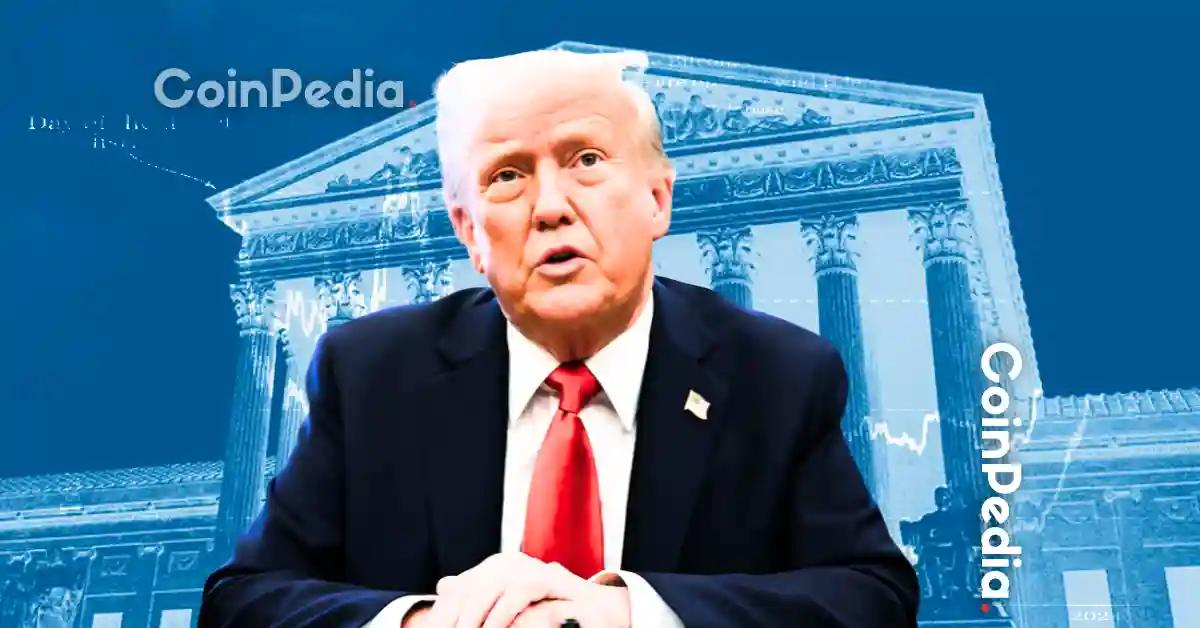
Trump Administration Proposes Bold Postwar Reconstruction Plan for Gaza
The Trump administration has reportedly unveiled a controversial postwar plan for Gaza that envisions transforming the region into a global hub for technology, tourism, and manufacturing. Dubbed the GREAT Trust (Gaza Reconstitution, Economic Acceleration, and Transformation), the plan has managed to spark both intrigue and backlash.
Blockchain and Digital Land Tokens for Reconstruction
One of the most groundbreaking aspects of the plan is its focus on blockchain technology. Palestinian landowners would receive digital tokens representing fractional ownership of their properties. These tokens could then be traded on cryptocurrency markets or leveraged to secure new housing in one of Gaza’s proposed “AI-powered smart cities.” This approach aims to attract funds for reconstruction through global investment, effectively turning land ownership into blockchain assets.
Interested in the power of blockchain for real-world applications? Discover Ledger Nano S, a secure hardware wallet for managing digital assets like these land tokens.
Massive Investment and Mega-Projects
The proposal outlines ambitious infrastructure developments, including ports, highways, a railway system, and luxury resort islands inspired by Dubai. It even mentions the creation of an Elon Musk-inspired “Smart Manufacturing Zone.” Collectively, these projects are estimated to attract $100 billion in investments over the next decade, with claims that the return could quadruple within that time frame. The plan emphasizes its reliance on public and private investments rather than U.S. government funding.
Encouraging Relocation: Controversial Incentives
Another key aspect of the GREAT Trust is a voluntary relocation scheme for Gaza’s current residents. Families would be financially incentivized to either leave the region or temporarily relocate to controlled “secure zones” during reconstruction. This part of the plan, however, has been met with significant resistance, with many residents rejecting the notion of abandoning their homeland.
Criminal or Transformational? Divided Opinions
Supporters argue that the plan offers Gaza a future of economic prosperity and technological innovation, positioning it as the “Riviera of the Middle East.” However, critics, including civil rights organizations and humanitarian groups, view the tokenization of Palestinian land as both immoral and a violation of international law.
Civil rights groups have described the plan as a “war crime of historic proportions,” warning that it could spark enduring conflict and destabilization. While the prospect of economic growth appeals to global investors, Palestinians remain steadfast that their rights and resources should not be compromised at the hands of profit-driven initiatives.
For those eager to learn more about blockchain’s potential in global projects, explore the Blockgeeks Blockchain Academy for comprehensive courses and insights.






